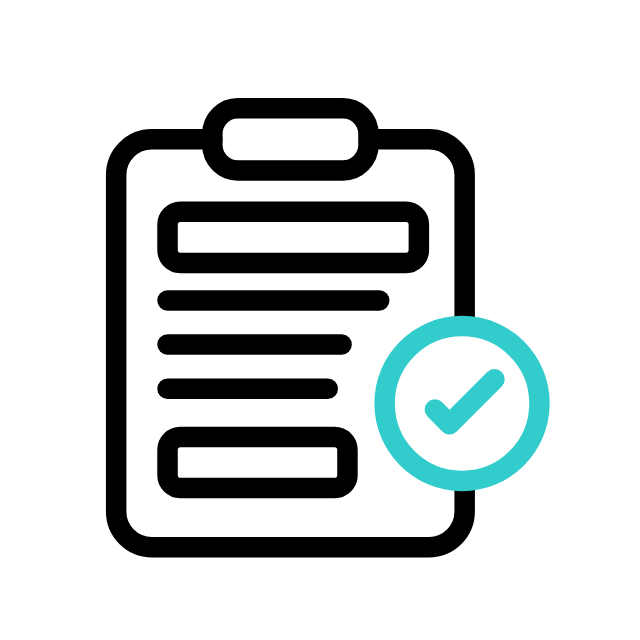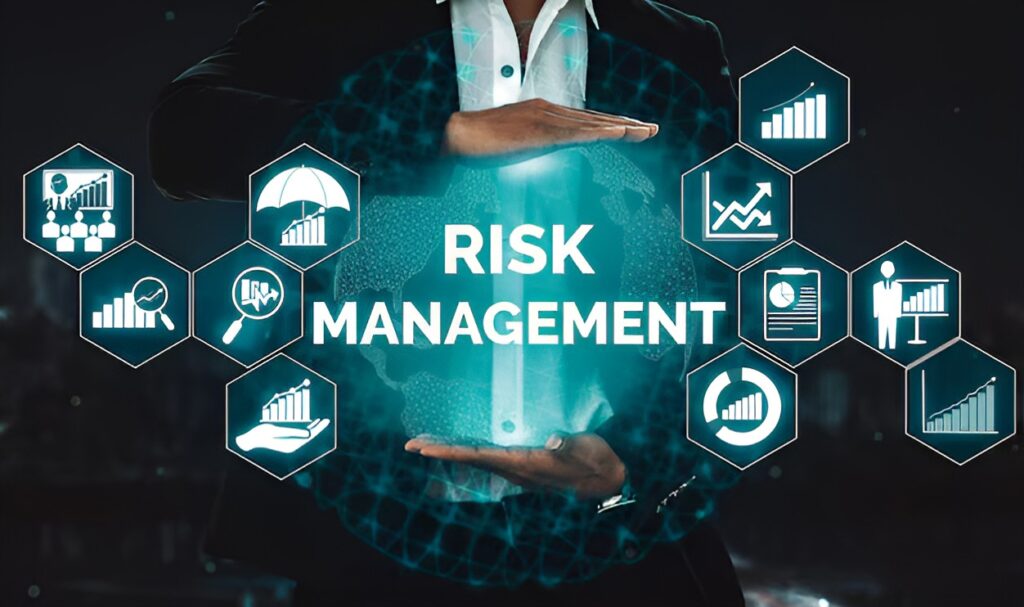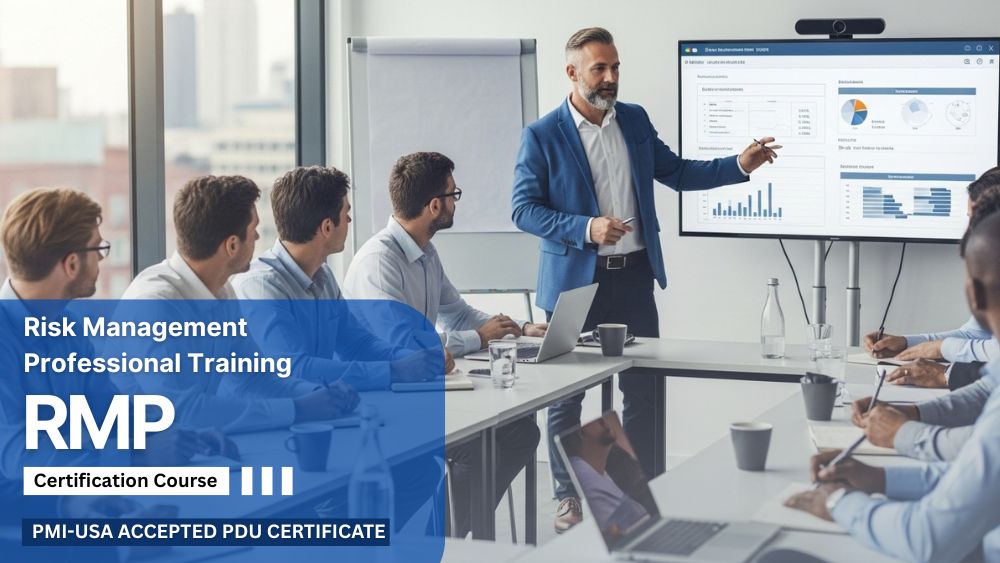Risk Management Professional Training Certified Course
Risk Management Professional Training Certified Course
Uncertainty is an inherent part of every project, but with effective risk management, you can minimize threats and maximize opportunities. The Risk Management Professional Training equips you with the skills to identify, analyze, and respond to risks proactively, ensuring smoother project execution and better decision-making.
This comprehensive program covers globally recognized frameworks such as PMI’s Risk Management Framework and ISO 31000, guiding you through the complete risk management lifecycle—from identification and analysis to response planning and continuous monitoring. With research showing that effective risk management can reduce project failures by up to 60%, mastering these techniques is crucial for project managers, engineers, and business leaders alike.
Through practical case studies, real-world applications, and hands-on exercises, participants will gain the expertise to implement risk management best practices in their organizations. Strengthen your project management capabilities, enhance decision-making, and gain a competitive edge in your field.
Course Details
Lecturer and Instructors
Lead Instructor:Eng. T. Ekanayake
(PMI Authorized Training Partner Instructor, Chartered Engineer, MBA, PMP, PMI-RMP) Visiting Lecturer, University of Moratuwa, PG/MSc in Project Management
Supporting Lecturer:
Eng. Gaindu Saranga Jayathilaka
MPhil(CPM & DM), BScEng(Civil), AMIESL

Batch Number & Starting Date
BATCH NUMBER 02 Batch start date will be notified soon.
Eligibility Requirements
- A four-year degree (bachelor’s or equivalent)
- 24 months of project risk management experience (within the last 5 years)
- 30 hours of project risk management education
- A secondary diploma (high school or equivalent)
- 36 months of project risk management experience
- 40 hours of project risk management education

1st
Batch
30 PMI-USA accepted
contact hours
Internationally Valid
Certification
Benefits on having a Risk Management Professional Training
Career Advancement:
Mastering risk management enhances your ability to anticipate and mitigate potential project threats, making you a valuable asset for leadership roles in project management, engineering, and business operations.
Professional Credibility:
Earning a risk management certification demonstrates your expertise in identifying, analyzing, and managing risks, boosting your professional reputation and increasing your trustworthiness in project execution.
Global Recognition:
Aligned with internationally recognized standards like PMI’s Risk Management Framework and ISO 31000, this training equips you with globally accepted risk management best practices, increasing your career prospects worldwide.
Stronger Project Performance:
Research shows that organizations with strong risk management strategies experience up to 60% fewer project failures. This training empowers you with the tools to enhance efficiency, control uncertainties, and drive successful project outcomes.
Improved Decision-Making:
Gain the skills to assess risks effectively using qualitative and quantitative techniques, enabling you to make informed decisions that minimize disruptions and enhance project success.
- Define risk management and its significance
- Differentiate between risk, uncertainty, and threats
- Identify major risk management frameworks (PMI, ISO 31000)
- Describe the overall risk management process
- Apply techniques like brainstorming, SWOT, checklists
- Classify risks based on nature and impact Develop and maintain a risk register
- Recognize common industry-specific risks
- Differentiate between qualitative and quantitative risk analysis
- Apply probability and impact matrices Utilize tools like Monte Carlo simulations & decision trees
- Interpret risk assessment results for decision-making
- Develop risk response strategies (avoid, mitigate, transfer, accept)
- Formulate contingency and fallback plans Assign risk ownership and accountability Integrate risk responses into project planning
- Track risks and update risk registers
- Use Key Risk Indicators (KRIs) for early warning
- Conduct risk audits, reviews, and reporting
- Implement continuous improvement in risk management
- Analyze real-world risk management case studies
- Apply risk assessment & mitigation techniques
- Review lessons learned from past projects
- Summarize key takeaways & future applications

The PMP certification is highly regarded in the project management field and can enhance your career prospects. It demonstrates your knowledge and expertise in project management, increases your earning potential, and opens up opportunities for leadership roles in project management
The PMP course covers various aspects of project management, including project initiation, planning, execution, monitoring and controlling, and project closure. It also covers knowledge areas such as scope management, time management, cost management, quality management, risk management, and communication management.
The PMP course is suitable for professionals who are involved in project management or aspire to be project managers. It is ideal for project managers, team leaders, consultants, and individuals responsible for managing projects of various sizes and complexities.
To be eligible for the PMP course, you need to fulfill certain prerequisites set by PMI. You must have a secondary degree (high school diploma, associate’s degree, or global equivalent) with at least five years of project management experience, or a four-year degree (bachelor’s degree or global equivalent) with at least three years of project management experience.


